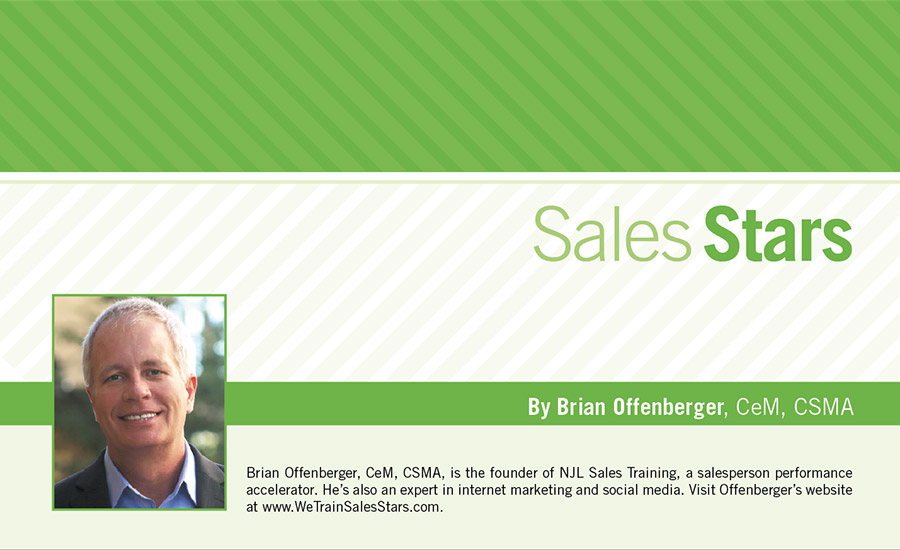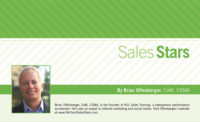Why should I spend my hard-earned money with you instead of the other guy?
We all have competition. Customers can buy similar products and services from other companies. This makes it hard for customers to distinguish one product from another, or one company from another.
So come on now — bear down and give me your best answers to these questions:
- Given all the possible solutions to my issues, why should I spend my money on yours?
- Why should I hire you instead of your competitor?
What did you come up with? My bet is you listed things such as great service, great technicians, state-of-the-art central station, low false alarm rates, some “rah-rah” dialogue about the quality of your systems and the number of years your company has been in business. Did I miss anything?
Here are the problems with these reasons. Your competitor is saying the same things. And your prospects are tuning it out because they’ve heard it so much it has lost its meaning.
Looking and sounding like your competitor is one of the most common and fatal mistakes a salesperson can make. Too many salespeople fall into this trap in our industry. We use its jargon. We talk about the same things that our competitors do. We associate with others in the alarm industry and within our company. Soon, we all begin to look, act and sound alike.
The way to solve this problem (and sell much more in the process) is to clearly define — and consistently communicate — powerful and succinct statements that:
- describe how you are unique and different from your competitors; and
- describe how your company brings value to customers.
Your goal is to tell someone why they should buy from you instead of the other guy in a clear, concise way. You must communicate to prospective buyers in ways that are relevant to them.
Avoid claims that others can easily make, such as those about best prices or best technicians. Stay away from statements that are hard to substantiate prior to purchase, such as great service and knowledgeable personnel. Claims such as fastest service or best monitoring can be subjective in nature and thus lose their meaning with customers.
Keep in mind that customers have expectations that are requirements for anyone they shop with; featuring these requirements as part of your “competitive differences” is usually not in your best interests.
When I ask salespeople why a customer should spend with them, most salespeople usually answer with some variation of “great service.” Great service is certainly a necessity, but it’s not unique. It can help you stand out after someone has dealt with your company if problems arise. However, it’s much more important to communicate differences that help you stand out before things get to that point.
And besides, doesn’t everyone claim to have superior customer service?
You can easily craft strong reasons why someone should spend with you instead of your competitor. Strong reasons:
- are clear, concise statements;
- communicate differences between one product/service/company and others;
- are objective or easily verifiable;
- communicate real value to a customer;
- are things your competitor can’t claim to provide or do; and
- are simple to understand by all in your target market.
The best way to develop your buying reasons for customers is to:
- ask yourself why someone should buy from you instead of the other guy;
- listen to buyers and prospects to learn why they bought/didn’t buy; and
- determine what you can do to provide customer value that others can’t.
Let’s look at a couple of examples. Instead of saying, “We provide great service,” try something like “More than 100 people have given us a five-star review on Yelp, which is twice as many as any other alarm company in our community.”
Here’s another one. Instead of saying, “We have the best systems,” maybe you could say, “Our systems work when needed and, if they fail, we’ll pay your insurance deductible.”
Focus on explaining to prospects what you can do to provide value that others cannot. Do it well and watch your sales soar.



